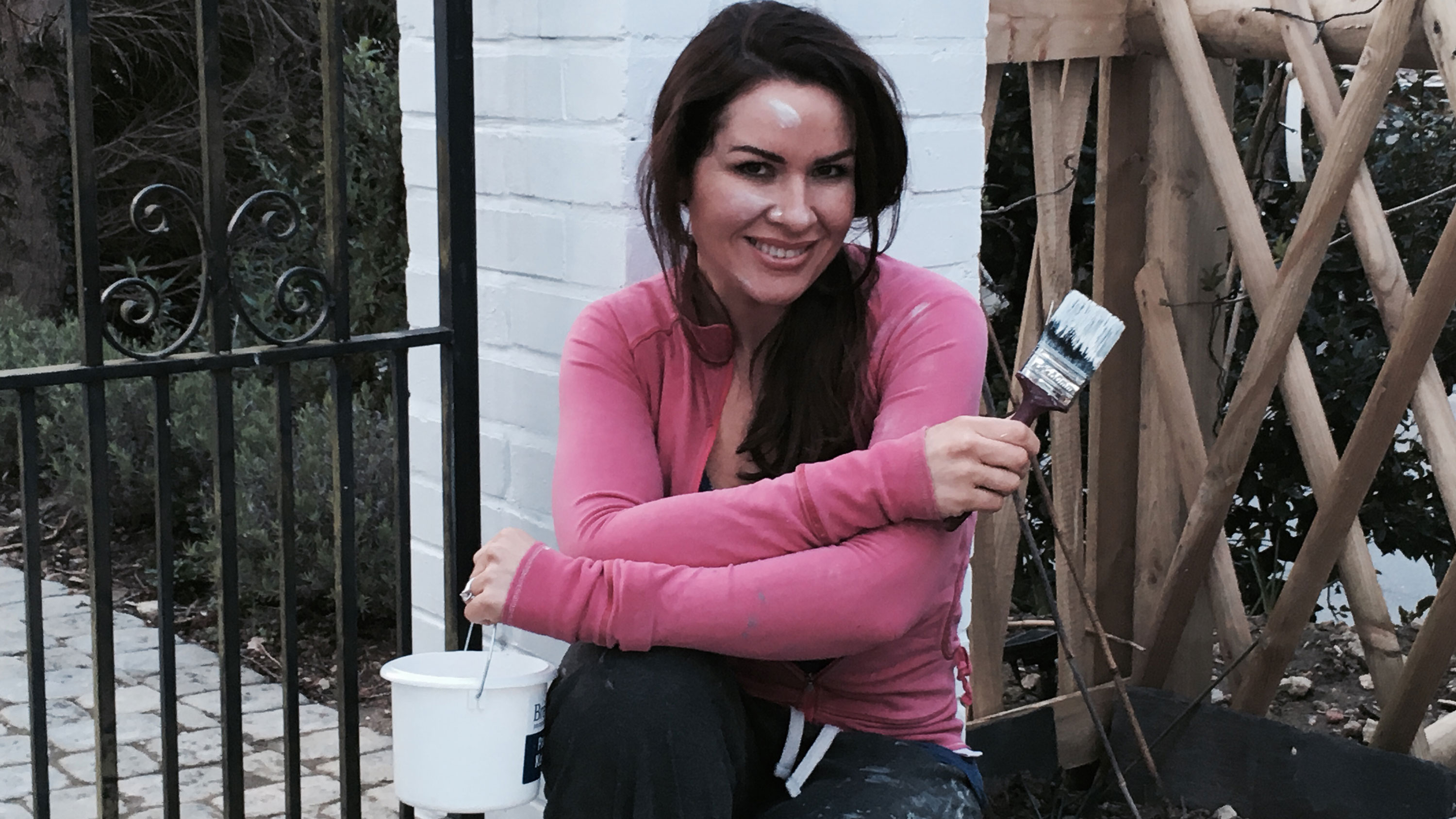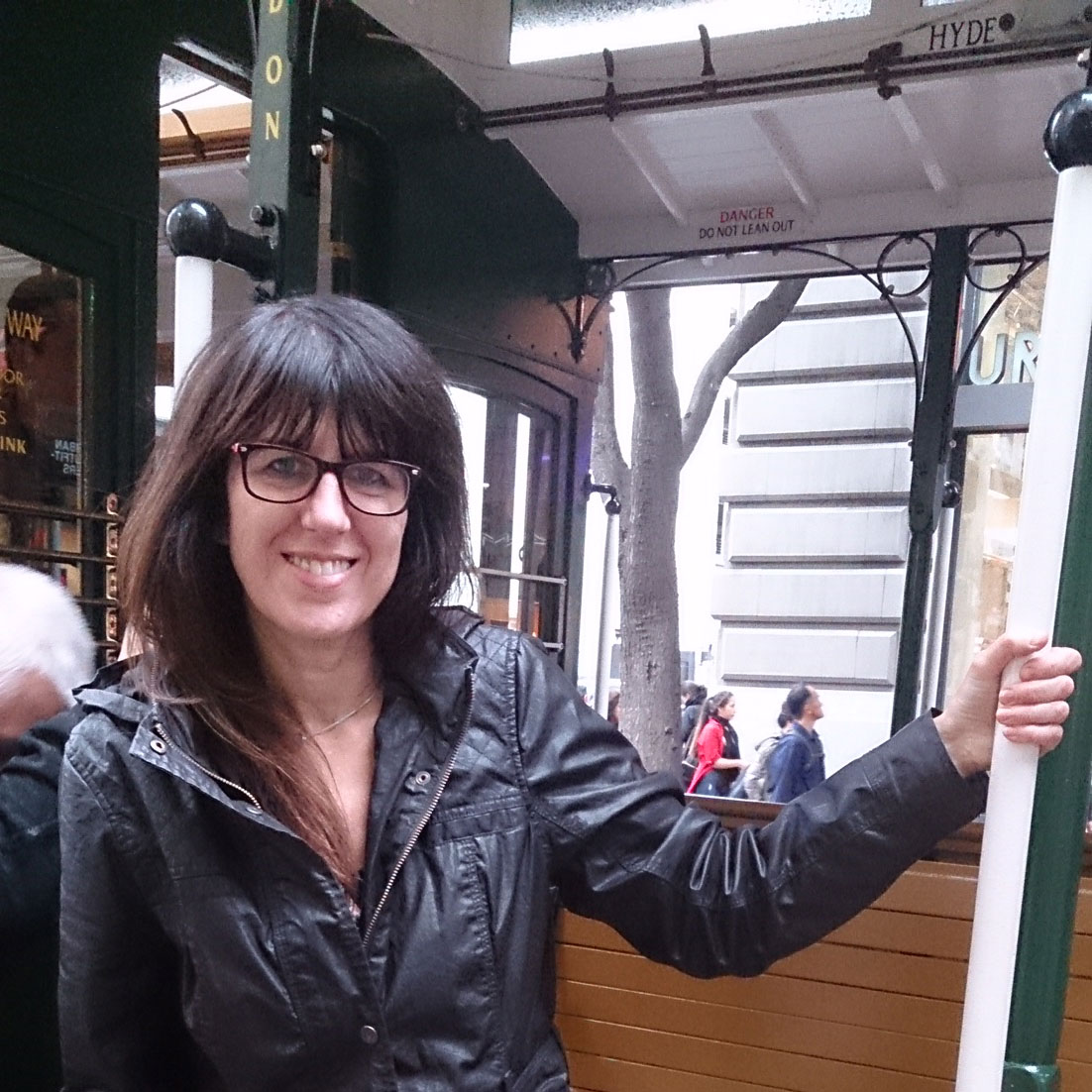Nearly 70 per cent of Brits don't like their homes
Campaign launched to encourage unhappy homeowners to tackle improvements one problem at a time


Your home should be your haven, your castle. But a survey has revealed that, astonishingly, nearly 70 per cent of Brits don’t love theirs very much.
Why? Well, the amount of work they see to do to make it perfect is being blamed for their feelings of ‘meh’ towards what is likely to be the biggest purchase and financial investment they'll make in their lives.
The stats, revealed in an awareness campaign organised by the British Home Enhancement Trade Association (BHETA) ahead of National Home Improvement Month in April, revealed that less than a third of Brits, some 31 per cent, felt love for their home – which meant 69 per cent didn’t.
Other strong emotions provoked included embarrassment – for 10 per cent of people – while nine per cent said they were ashamed. All of which means it’s unlikely they’d be willing to let visitors over the threshold.
Amazingly, three per cent said they actually felt scared of their home – which (we hope) is due to them feeling overwhelmed by the sheer amount of work they felt needed to be done, rather than their home being in such a poor condition that it was actually dangerous.
So, what to do? During National Home Improvement Month, BHETA will be trying to encourage people to try and tackle one area of their home in the hope of changing their feelings about where they live.
It is being backed by designer and TV presenter Julia Kendell, an ambassador for NHIM, who says, ‘Making home improvements can be addictive, but it can also become overwhelming if there’s too much to do. That’s why the aim of National Home Improvement Month is simply to encourage people to Make One Change.’
Get small space home decor ideas, celeb inspiration, DIY tips and more, straight to your inbox!
Property and DIY interiors vlogger Georgina Burnett (you might also know her as a weather presenter) believes trying a bit of DIY could be good for our wellbeing. ‘People lead busy and often stressful lives, so the emotional benefits of improving your home environment are immeasurable. We all need a home that supports our day-to-day living,' she says.
Chief target for most Brits when it comes to a makeover? Surprise, surprise, it's the kitchen, with 20 per cent saying they’d like to tackle this first. Equal second were the bedroom and bathroom at 17 per cent, while the living room came third, with 13 per cent of people saying that’s the room they most want to upgrade.
Rather tellingly, the under 25s prioritised the bedroom and bathroom over the kitchen. Twenty five per cent said they most wanted to improve the place where they laid their head, with 21 per cent saying they’d target where they washed it. The kitchen trailed in third with only 12 per cent saying this is where they wanted to focus their energies.
Paul Grinsell, executive director for DIY & Home Improvement at BHETA, comments, ‘Where people choose will be influenced by the time, money and expertise they have available; for example, deciding whether to DIY or hire professional help. With lighter evenings and the long Easter weekend break ahead, April offers a great opportunity to Make One Change. We hope to inspire people, whether home owners or those renting, to love their home just a little bit more.’
The National Home Improvement Month campaign is being supported by leading home improvement household names and brands. For more information visit homeimprovementmonth.co.uk

Alison is Assistant Editor on Real Homes magazine. She previously worked on national newspapers, in later years as a film critic and has also written on property, fashion and lifestyle. Having recently purchased a Victorian property in severe need of some updating, much of her time is spent solving the usual issues renovators encounter.